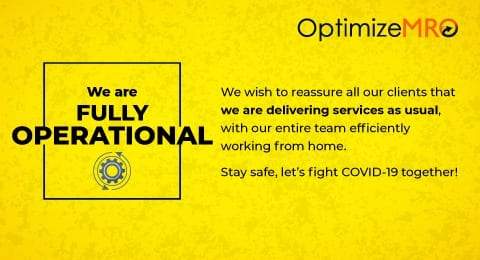
In the complex world of procurement, the Request for Quotation (RFQ) process serves as a vital tool for businesses to obtain competitive pricing from suppliers and vendors. It is particularly beneficial when businesses have well-defined requirements and seek the best possible terms for products or services. The RFQ document outlines the buyer’s specifications, delivery expectations, and other key conditions, allowing sellers to submit their most competitive pricing and terms.
Benefits of Using RFQ in the Procurement Process
The RFQ process offers several strategic advantages for businesses, including:
- Cost Savings – RFQs encourage competition among suppliers, who recognize they are vying for the buyer’s business. This often leads to more competitive pricing, helping companies reduce costs.
- Quality Assurance – By specifying precise quality standards, businesses ensure that vendors understand and meet expectations upfront, minimizing the risk of quality issues later.
- Transparency and Fairness – Since all suppliers receive the same RFQ document, they operate on a level playing field. This process fosters trust both internally and externally while reinforcing fair competition.
- Time Efficiency – Clearly defined requirements allow suppliers to provide quotations that align precisely with business needs, reducing back-and-forth communication and expediting the procurement process.
- Consistent Documentation – Standardized RFQ formats make it easier for procurement teams to evaluate and compare bids, ensuring a uniform approach that reduces errors and improves decision-making.
- Negotiating Power – With multiple quotations in hand, businesses gain stronger leverage in negotiations. RFQs allow procurement teams to compare pricing, services, and terms, facilitating discussions for better deals and leading to potential refinements in supplier agreements.
- Accountability and Quality Control – RFQs set clear expectations for product or service standards, holding suppliers accountable for meeting the agreed-upon terms. Additionally, penalties for non-compliance can be included to further ensure adherence to commitments.
Steps to Automate the RFQ Process
Automating the RFQ process improves efficiency and accuracy. Here’s a step-by-step guide to streamlining procurement through automation:
- Define Your Requirements Clearly – The first step is to specify detailed requirements, including product descriptions, quality standards, quantities, and delivery timelines. Clearly defined expectations help suppliers understand the scope and provide accurate quotations.
- Prepare the RFQ Document – The RFQ should include all necessary details, such as technical specifications, required quantities, expected delivery dates, evaluation criteria (e.g., price, quality, experience), and submission deadlines.
- Identify and Distribute the RFQ to Suppliers – Select a shortlist of reliable and capable suppliers to receive the RFQ. This ensures that only qualified vendors participate, reducing time spent on unsuitable quotations.
- Receive and Review Supplier Responses – Once suppliers submit their quotations, assess them based on key factors beyond price, such as delivery timelines, quality assurances, and additional services offered.
- Compare and Negotiate – After reviewing quotations, initiate negotiations where necessary. Discussions may include pricing adjustments, improved delivery schedules, or additional service guarantees to secure the best possible terms.
- Select the Best Supplier and Award the Contract – Choose the supplier that best meets your requirements and formally document all agreed-upon terms. A well-documented contract minimizes risks and ensures both parties remain accountable.
- Evaluate Supplier Performance Post-Delivery – After fulfilling the order, assess the supplier’s performance to determine whether they met expectations. This review helps inform future procurement decisions and supplier relationships.
In today’s competitive business landscape, an effective procurement strategy is crucial for maintaining profitability and operational efficiency. The RFQ process plays a key role in securing competitive pricing, ensuring quality, and fostering trust with suppliers. By following a structured RFQ approach, businesses can simplify the purchasing process, manage costs effectively, and build strong supplier relationships. Implementing an RFQ system enhances procurement efficiency, providing long-term advantages for both buyers and vendors.
OptimizeMRO’s expertise in asset management and procurement solutions ensures that organizations can efficiently manage their sourcing needs while maintaining quality and cost control. A refined RFQ approach not only simplifies purchasing but also strengthens supplier collaboration, creating a win-win scenario for all stakeholders involved.


